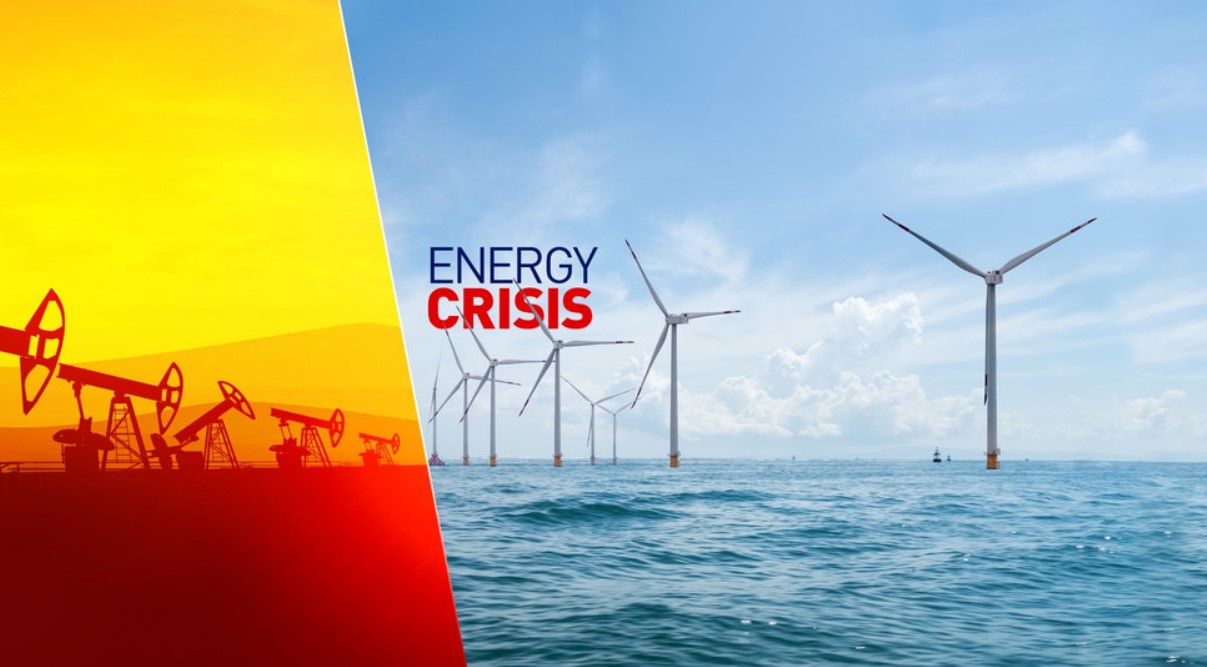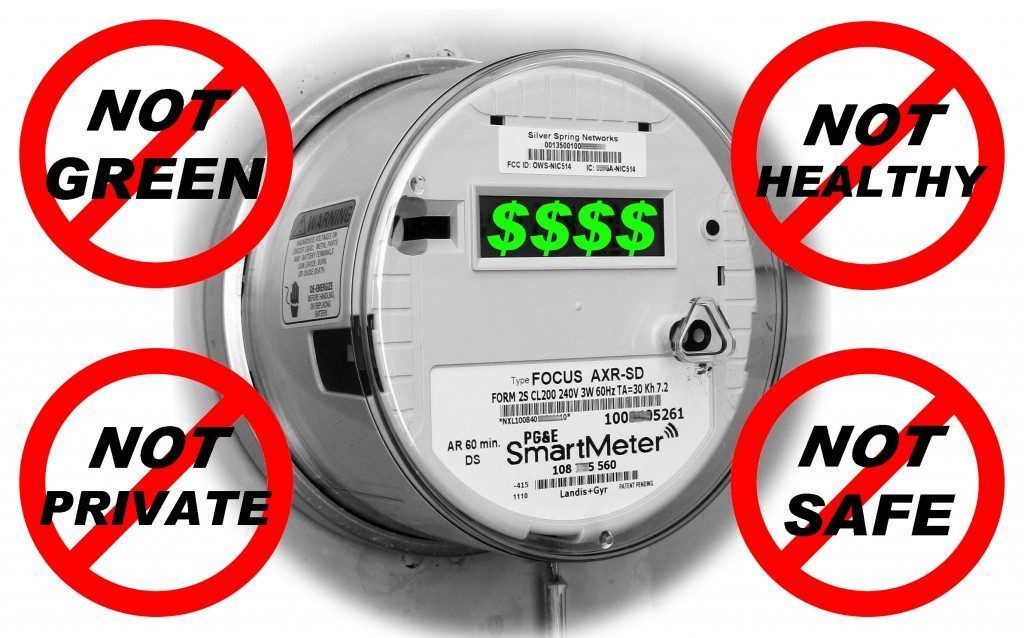 |
The UN rolls out an ad campaign telling you who you should or should not believe
There's a lot happening but I think the most important story of the day is the Trucker Commission in Ottawa and we’re on the ground covering it intensively and extensively.
We’re live-tweeting it — by which I mean, we’re commenting on it in real time and we’re live-streaming it — by which I mean we’re just literally streaming the real-time video of the full proceedings.
We’re doing special reports and each night we have a livestream broadcast where we go over the day’s highlights. That’s all at the website TruckerCommission.com — I think we’re covering it more intensively than anyone else.
There is still other news in other places and we’re covering that of course.
Some of our top talent has just been in Berlin, Germany to report on the WHO World Health Summit conference.
I can tell you the best is yet to come from them — We have some explosive footage that we’ll share with you in a few days.
An interesting email from a viewer in Australia caught my attention about a strange poster he spotted, warning of the dangers of misinformation.
What caught my attention is the symbols on the poster — The one on the left is the UN symbol. And then there's a double checkmark symbol with a website: shareverified.au and a scannable QR code that goes to the same website.
That strikes me as weird.
What even is the meaning of that? What’s their point?
There’s a couple more photos of that UN symbol and that double checkmark symbol. And then another ad: “Every day is April Fool’s Day when it comes to information online. Always verify what you read online because not everything is true.”
Now of course, those are trite truims. Pretty banal. Some things aren’t true. Some things online aren’t true.
Always verify what you read online. I’m not sure if that’s possible, is it? How can you verify everything, always? You can’t — you have to trust some people.
And we learn over time, we remember things, through good experiences and bad experiences, we see patterns — this guy’s a liar, this guy’s pretty honest, this guy admits to making mistakes and tries to correct them — and this guy take government money and seems to parrot them.
I mean, we literally can’t verify everything we see online; the entire world is online; everything we do or see or read is online, it’s as absurd to say verify everything online as it would be to say verify everything you ever see or hear.
Verify the whole world.
Sorry, that’s absurd, you can’t, you don’t have the time or resources or frankly the interest. So we develop shortcuts. The patterns.
Based on what you know — do you trust, say, the United Nations?
That’s who paid for these ads, bizarrely. The UN is paying for ads in Australian subway cars about not trusting things online. OK. But what if I don’t trust the UN?
The UN itself isn’t trustworthy — it’s full of dictatorships.
Even their human rights council is stacked with human rights violators. Does the trust no-one motto apply to them, too?
But I actually clicked on the link they advertised; I scanned the QR code. And it took me to this page: https://shareverified.com
And naturally it’s about vaccine. They’re obsessed with it, aren’t they.
I mean, just Google Bill Gates gift to UN and you’ll get a sense of why.
He gives them billions to promote his interests and causes and foundations — and his businesses.
And he’s obsessed with vaccines, so you have to be too. Because the UN says so. And — you can trust them. Or can we verify what they have to say?
You can pretty quickly see that this isn’t just about a selfless pursuit of the truth. It’s about an information war, a battle for your mind. Here’s a page on that website the UN is promoting: Using Evidence-based Insights to Create Behavior Change.
So: They want to change you, they want to manipulate you. Change your behaviour. That’s what this is about.
And it’s about allies and enemies. Are you with them? Are you pro-UN? Pro-Bill Gates? Then you’re a friend. But if you’re an enemy, watch out: Fighting misinformation where it happens: striking first and often
Right. Strike the enemy! Except if the misinformation is from the UN and the WHO and the vaccine companies.
Yeah. Funny thing about misinformation — it’s always your opponent that’s guilty of it. Says the UN.
The UN wants you to take a pledge to fight their information enemies.
Here’s a video they’re promoting. It’s been up for a year — it’s had 337 views. I’m serious. It says you’re an emotional wreck who believes everything you see.
What even is the advice or take-away here?
Here’s another one that’s more grown-up:
340 views.
“Too good to be true?” Like that vaccines have a 90% effectiveness rate? That they stop you from transmitting the virus? That kind of too good to be true? But how can we verify things like that, if social media companies ban us from having full debates about them?
Pause and take care before you share. What on earth. They really think you are a foolish child. This is the website promoted with ads in an Australian commuter line.
They talk about emotional manipulation — beware of that. But that’s all they trade in.
I saw this weird line: "Pro-Russian networks are driving anti-Pfizer vaccine disinformation”.
Is that true? Is that the reason people are skeptical of mRNA vaccines by Pfizer? Russia did it? Is that really fact-checking?
So it’s got nothing to do with, say, Pfizer paying the largest health care fraud settlement in history, billions of dollars, for lying about their drugs? It’s not that, it’s Russia?
So I clicked on their “truth link” — this is the guy the UN says we should believe, because he’s “verified”, and I got this page.
Banned sites and pro-Russian networks are driving anti-Pfizer vaccine disinformation?
Well, Pfizer’s drug is experimental. That’s why it needs an EUA — it hasn’t finished done its clinical trials. Normally those take years. People aren’t really guinea pigs; that’s a metaphor — because guinea pigs are often used to test drugs before they’re tested on humans. Of course we’re not real guinea pigs. It’s a turn of phrase. But it’s obviously a fair comment.
I have no idea if Russia doesn’t like Pfizer.
But I’ve never read a single word from a Russian website about them. And the story starts off by saying the Russian sites have been deplatofmed — as in hidden, cancelled. So what are they banging on about?
Frankly, this feels like misinformation — whether or not Pfizer vaccines are good or bad is a debate we should have (thought these folks don’t want one).
But trying to “win” that debate by saying that the anti-Pfizer point of view is from Russia, trying to cut off debate before it begins by saying if you doubt this vaccine by an American company ordered by American and Canadian politicians into your own veins, using a new technology that has never been tried before, if you have concerns about this, you’re just a Russian dupe — yeah, no, that’s disinformation. And this “First Draft” truth fact-checker — come to think of it, I’ve never heard of them before. Maybe I should follow the UN’s advice after all — and verify their lies before believing them.
What a bunch of weirdness this anti-disinfiormation scam is. Free government money; globalist agendas, and an obsession with promoting vaccines.
What a bunch of kooks they are — yet they’re the ones telling you to doubt yourself.
You shouldn’t doubt your self — or at least, you shouldn’t doubt everything in the world, which is what these people want you to do.
They want you to distrust your own eyes; they want you to ignore everyone else, except them.
GUEST: Andrew Lawton, on the Public Order Emergency Commission.
source












